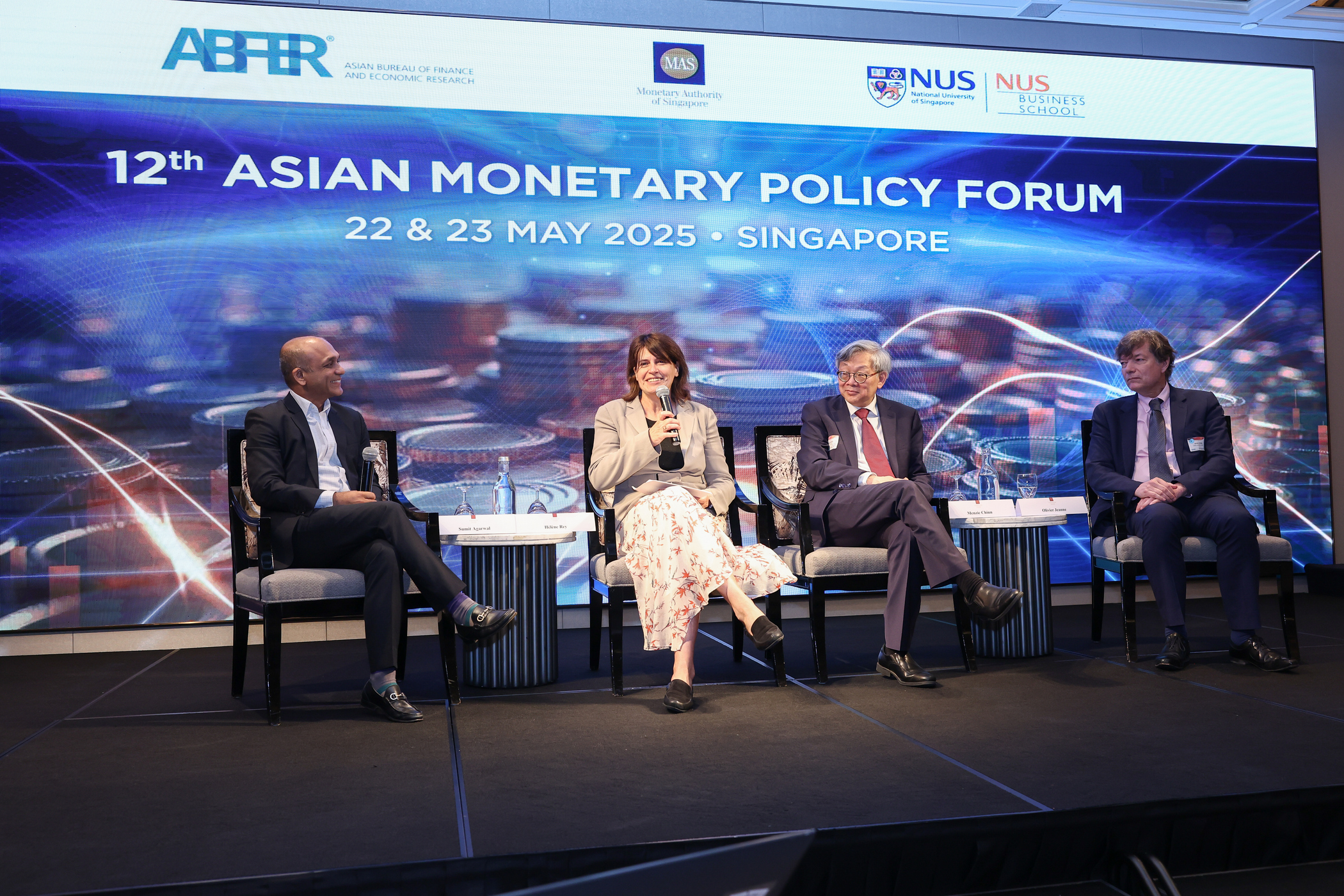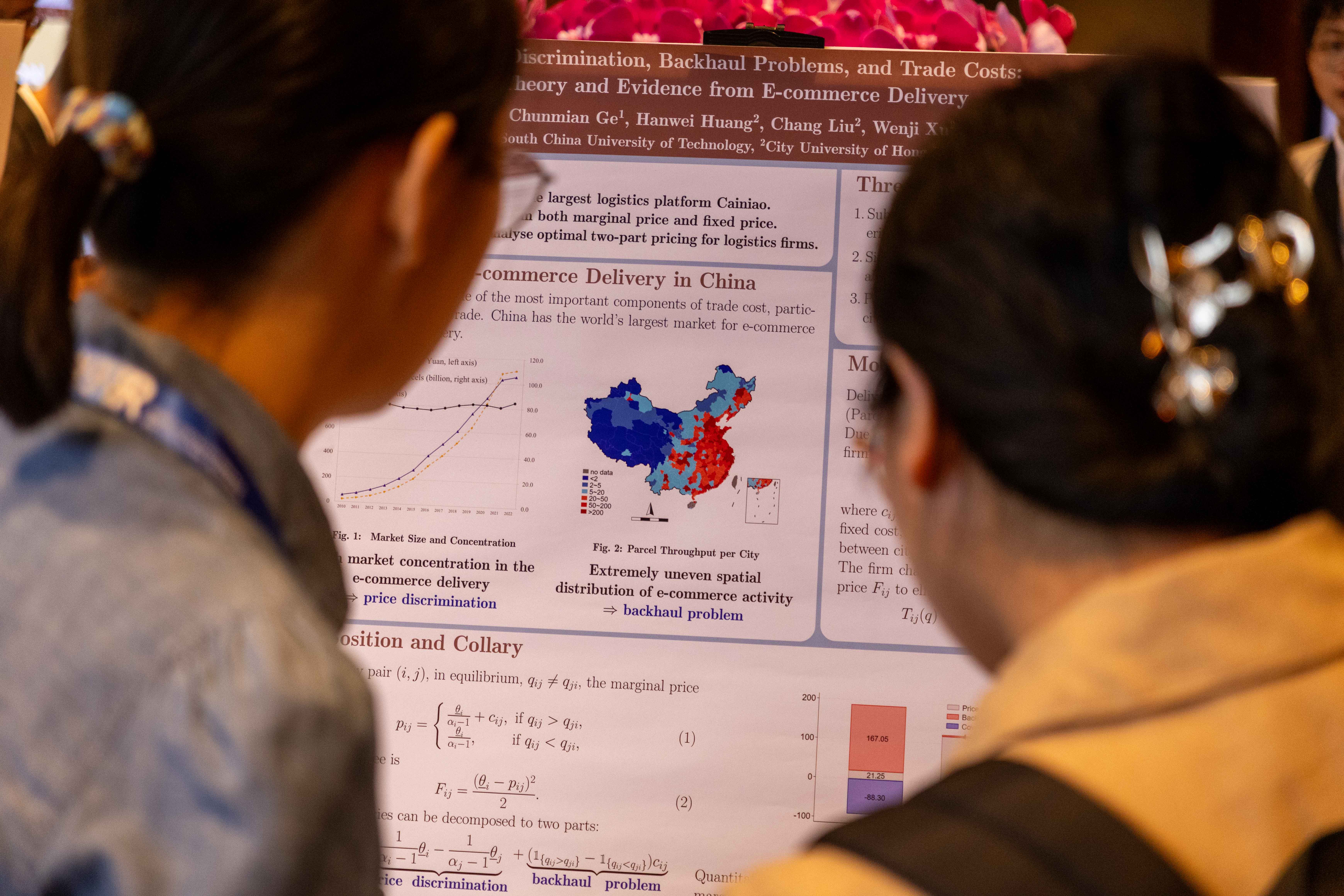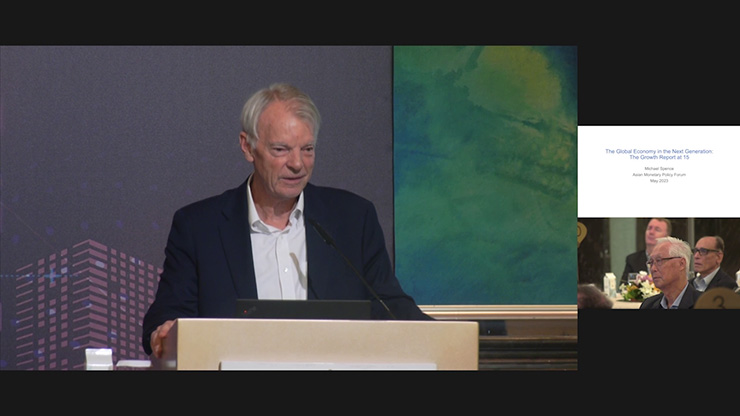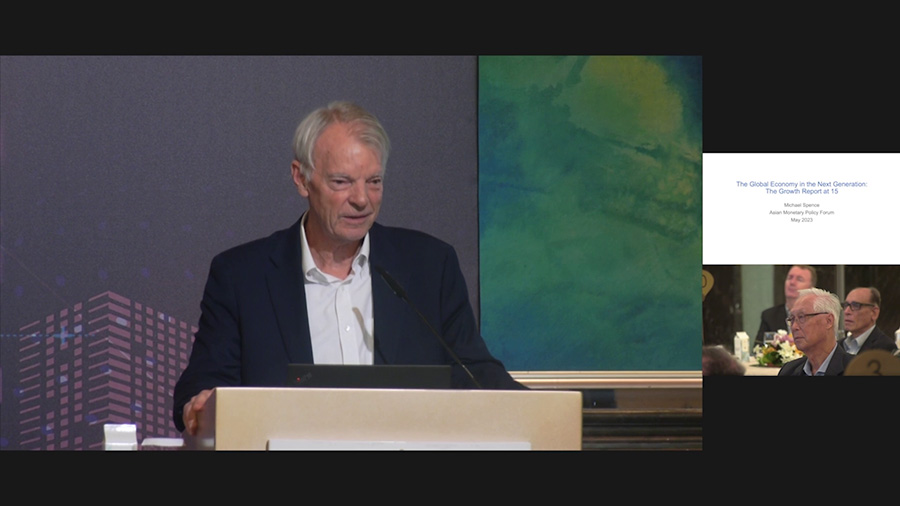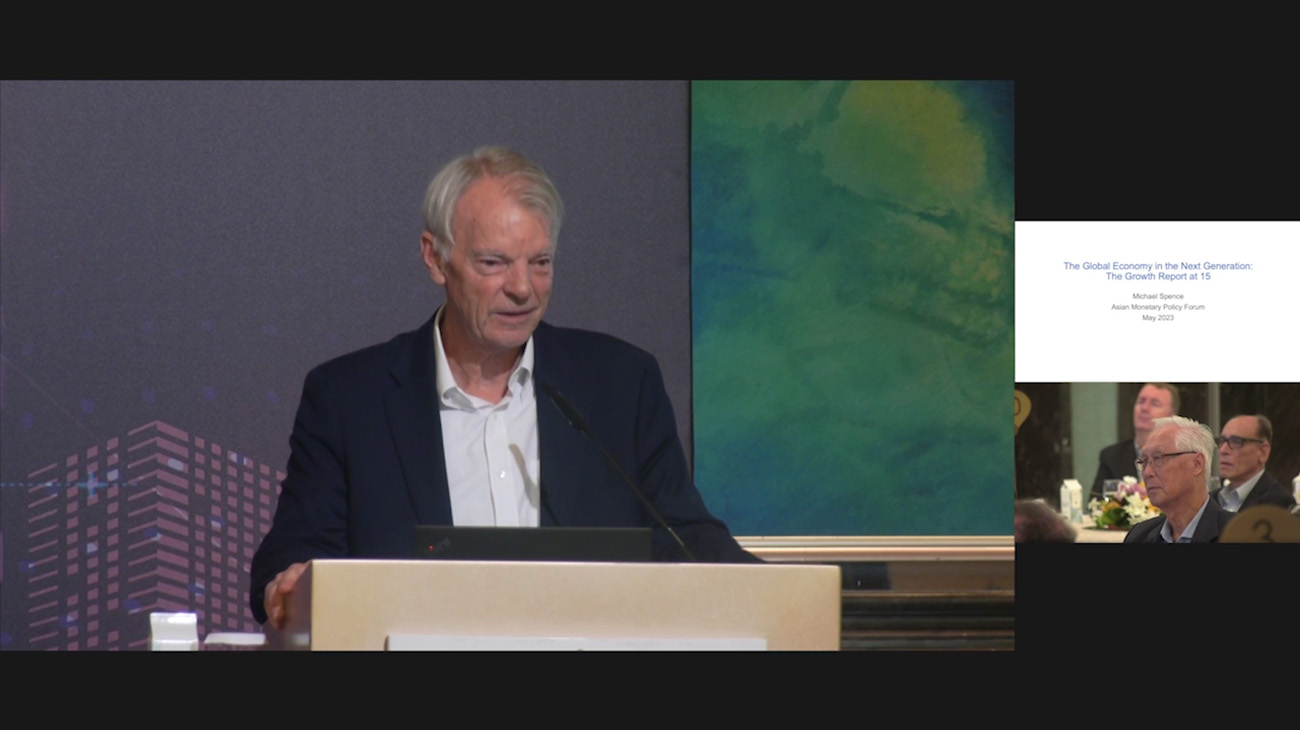Industry Outreach Dialogue
With Professor Steven J. Davis
Text-Based Insights into Stock Market Behavior
U.S. equities rose sharply in reaction to Donald Trump’s surprise presidential election victory in November 2016. The boom perplexed many analysts, including prominent economists who had predicted a market crash in the event of a Trump victory. To throw light on the market’s reaction, Professor Davis look to firm-level equity returns in the wake of the election. In particular, he relate firm-level equity price movements to text-based measure of exposure to government policy and regulatory risks, which he construct from text in mandatory filings with the U.S. Securities and Exchange Commission. The results show that the election precipitated major shifts in expectations regarding the regulatory climate, trade policy, tax policy, and healthcare policy. While average equity prices responded positively to Trump’s win (and Clinton’s loss), firm-level reactions vary enormously. For example, firms with high exposure to regulatory risks enjoyed especially large equity gains in the days after the election, while those with high exposure to healthcare policy risks saw large relative and, in some cases, absolute equity price drops. If time permits, he will also discuss from another study that uses text-based indicators derived from newspapers around the world to characterize large movements in national equity markets.
2018
Speakers
Registration
The registration is closed. For any enquiry, please contact us at This email address is being protected from spambots. You need JavaScript enabled to view it..
Supported by


